Mattress Care
March 2024Pillow Care 101: Maintaining the Lifespan of Your Bed Pillows
Before we dive into the listacle of pillow care, let’s run through the benefits of using a pillow at night. Very few people choose to sleep without a pillow, and in our 30-year experience of helping people choose the right mattress, most people sleep with at least 2 pillows during the night. Whether that’s a super soft pillow or something firmer, each sleeper has a different preference. But what do pillows actually do at night?
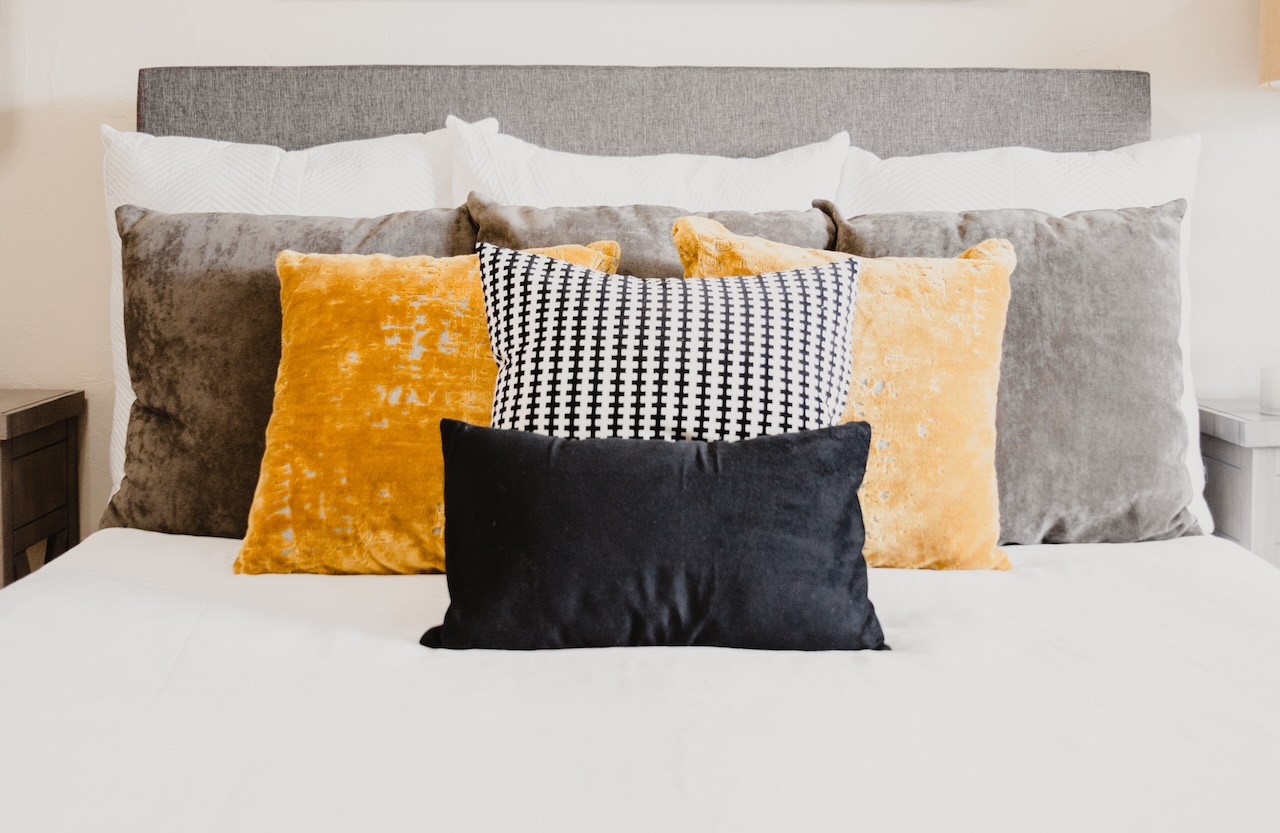
i) Pillows provide spine alignment
Pillows play a crucial role in ensuring a good night’s sleep by providing support, comfort, and alignment for the head, neck, and spine. Firstly, they help maintain proper spinal alignment, which is essential for reducing strain and preventing discomfort or pain in the neck and back. It also stops that awkward nighttime fidgeting and shifting, which can create a disturbed sleep pattern. A pillow that adequately supports the spine’s natural curvature helps alleviate pressure points and promotes relaxation, allowing for deeper and more restorative sleep.
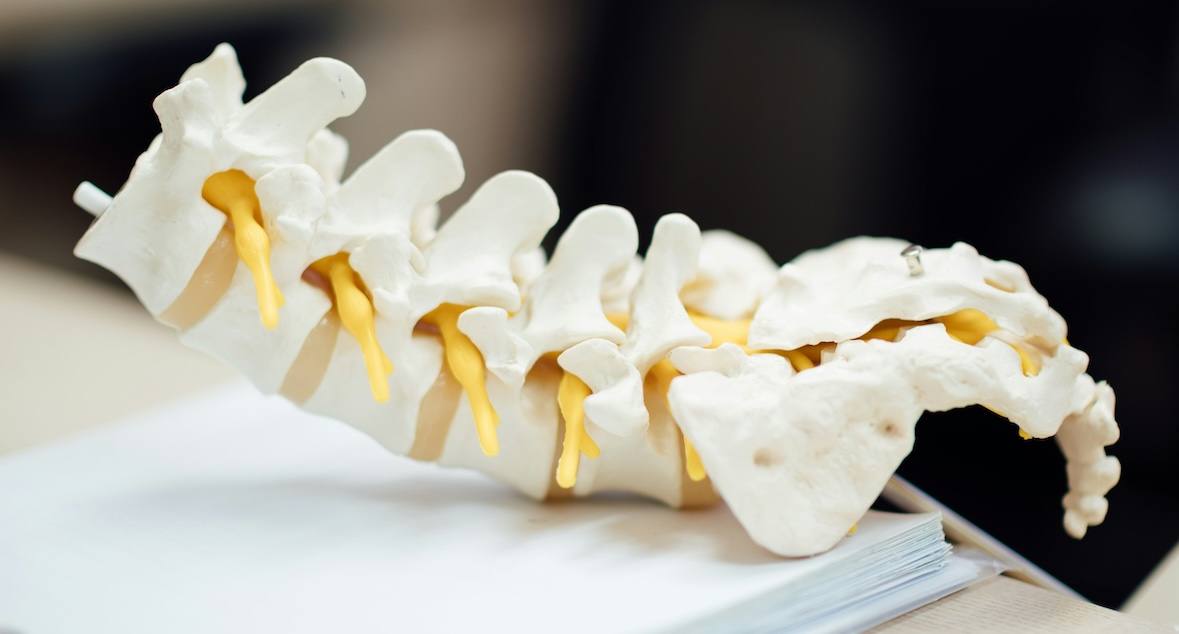
ii) Pillows help you sleep more comfortably
Pillows help increase overall comfort and relaxation when falling asleep. They offer a soft and cushioned surface for the head and neck, creating a cosy and inviting environment conducive to falling asleep faster and staying asleep throughout the night. A comfortable pillow helps individuals find their preferred sleeping position, whether they sleep on their back, side, or stomach, enhancing their ability to achieve restful and uninterrupted sleep.
iii) Snoring & apnea can be reduced using a pillow
If you or a partner snores at night, you know how frustrating it can be to wake up grumpy from a disturbed night. Did you know the right pillows can help alleviate common sleep issues such as snoring, sleep apnea, and acid reflux by elevating the head and upper body?
Elevating the head can reduce airway obstruction and prevent the collapse of soft tissues in the throat, thereby promoting better airflow and reducing the severity of snoring and sleep apnea symptoms.
Similarly, elevating the upper body can help prevent acid reflux by keeping stomach acid from flowing back into the oesophagus, reducing discomfort and the risk of nighttime reflux episodes.
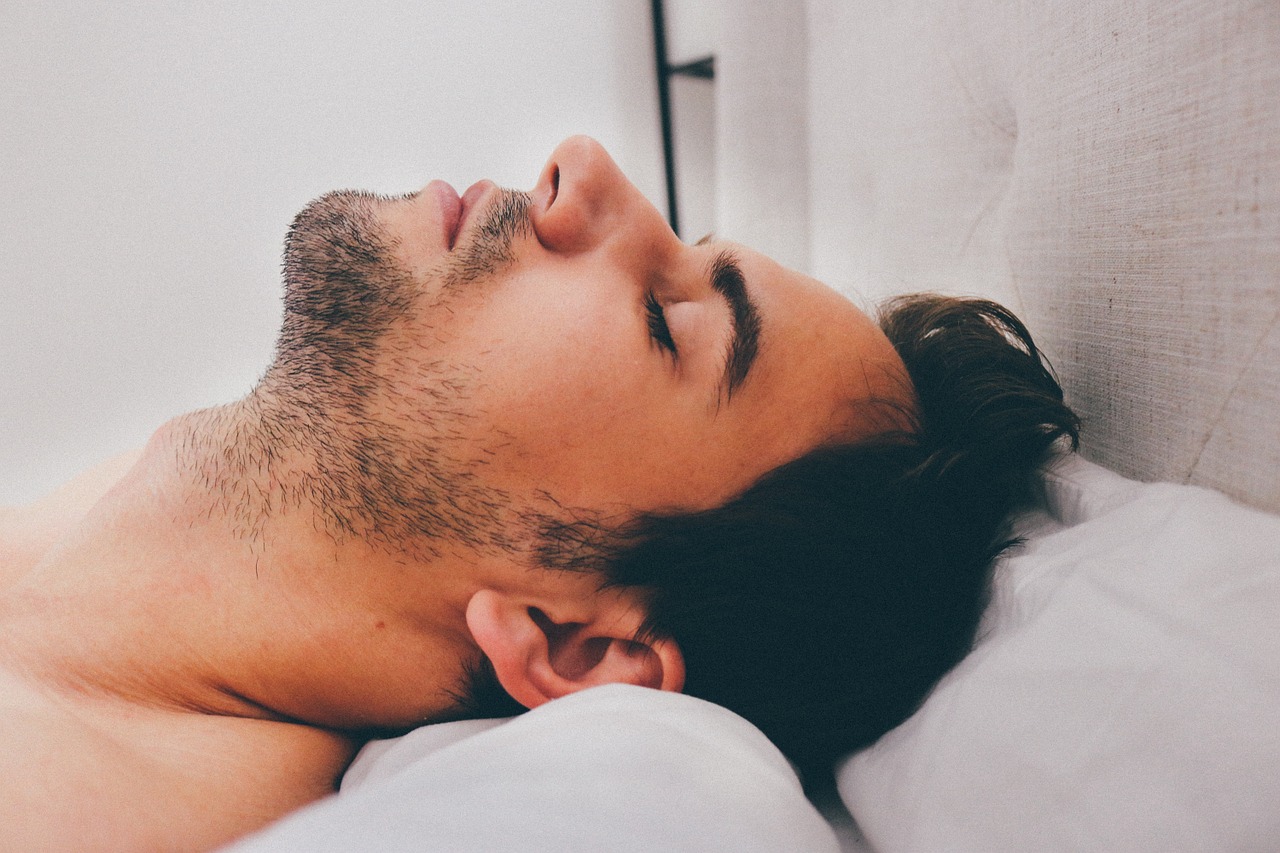
iv) Improve sleep hygiene with pillows
Pillows lastly contribute to overall sleep hygiene by providing a clean and comfortable sleep surface. Using pillow protectors and regularly washing pillowcases can help minimize allergens, dust mites, and bacteria accumulating on pillows over time, ensuring a healthier sleep environment.
Investing in quality pillows such as feather, latex, or deep-fill polyester can make your pillows last far longer. Spending a bit more initially is a much better investment, but have your quality pillows last far longer than cheaper ones. Resulting in you waking up feeling refreshed and rejuvenated each morning.
This leads us to the top 10 tips for pillow hygiene!

Top 10 Tips to Make Your Pillows Last Longer
1. Regular Fluffing and Shaping
Fluff your pillows daily by giving them a good shake and knead to redistribute the filling evenly. Rotate and gently reshape the pillows to prevent them from flattening out and losing their loft. This will even out wear on pillows and help revive them each day. To boost your pillows, open the bedroom window when you shake them so any dust or fibres can be blown away. This will help provide a clean and fresh bedroom for the next night!
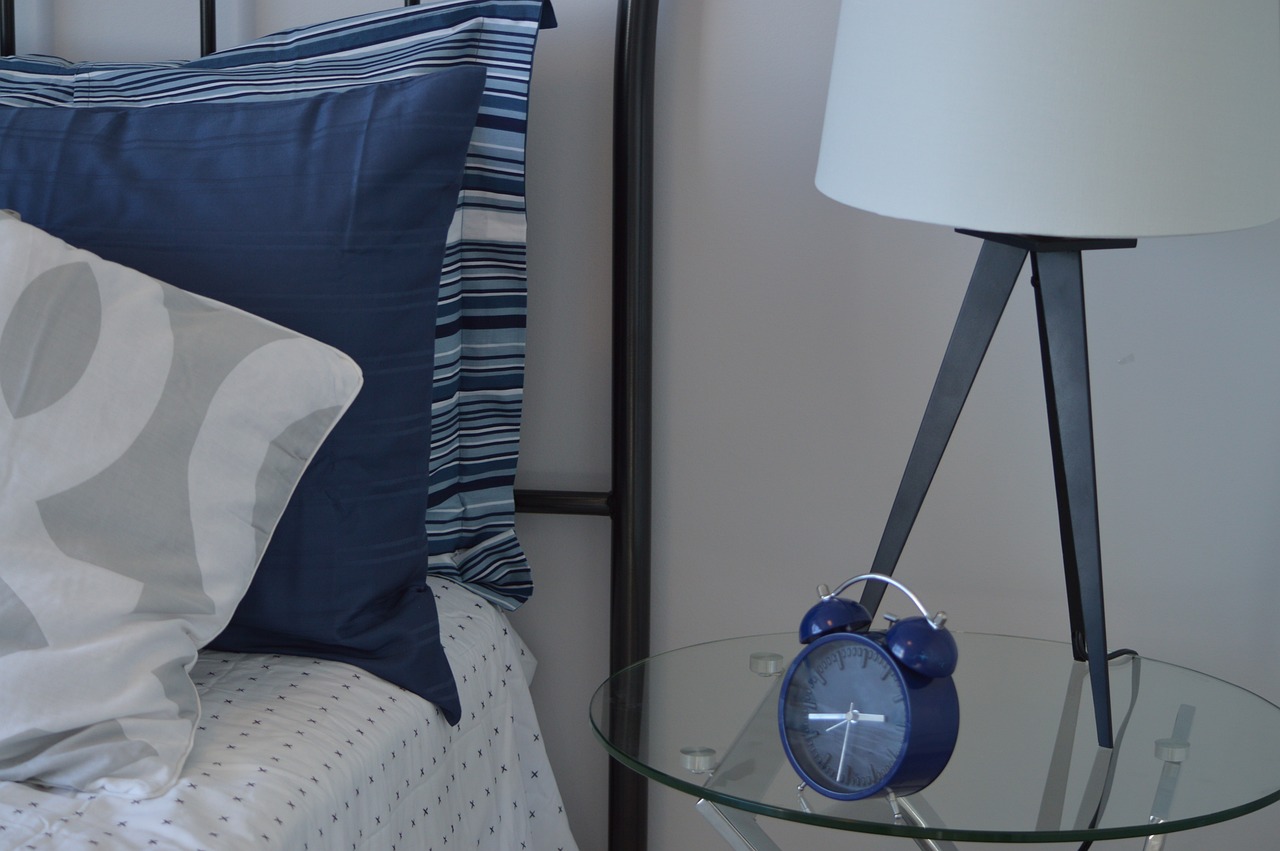
2. Use Pillow Protectors
We can’t stress this enough: Pillow protectors are your must-have piece of bedding! They protect your pillows and increase their lifespan considerably, all for a small additional cost. Pillow protectors are a barrier against sweat, oils, dust mites, and other allergens, keeping your pillows cleaner for longer. The best thing is you can wash them with your bedding to keep your bed hyper-clean and comfortable each night.
Invest in high-quality pillow protectors made from breathable materials like cotton or bamboo to ensure you sleep cool at night and avoid ‘night sweats. While cheaper pillow protectors are made of microfibre, they can trap heat, which can be a nuisance for hot sleepers.
3. Washing and Drying Guidelines
Did you know you can wash most pillows on the right washing machine setting? Follow the manufacturer’s instructions for washing and drying your pillows to help extend their lifespan and keep them super fresh! Polyester and even feather pillows can be washed on a ‘wool‘ setting in your machine and then tumble-dried on a delicate, warm air setting.
To revive old or stained pillows, use a mild or sensitive detergent and wash on a gentle wool cycle with warm water.
Ensure the pillows are completely dry before use to prevent mould and mildew growth.
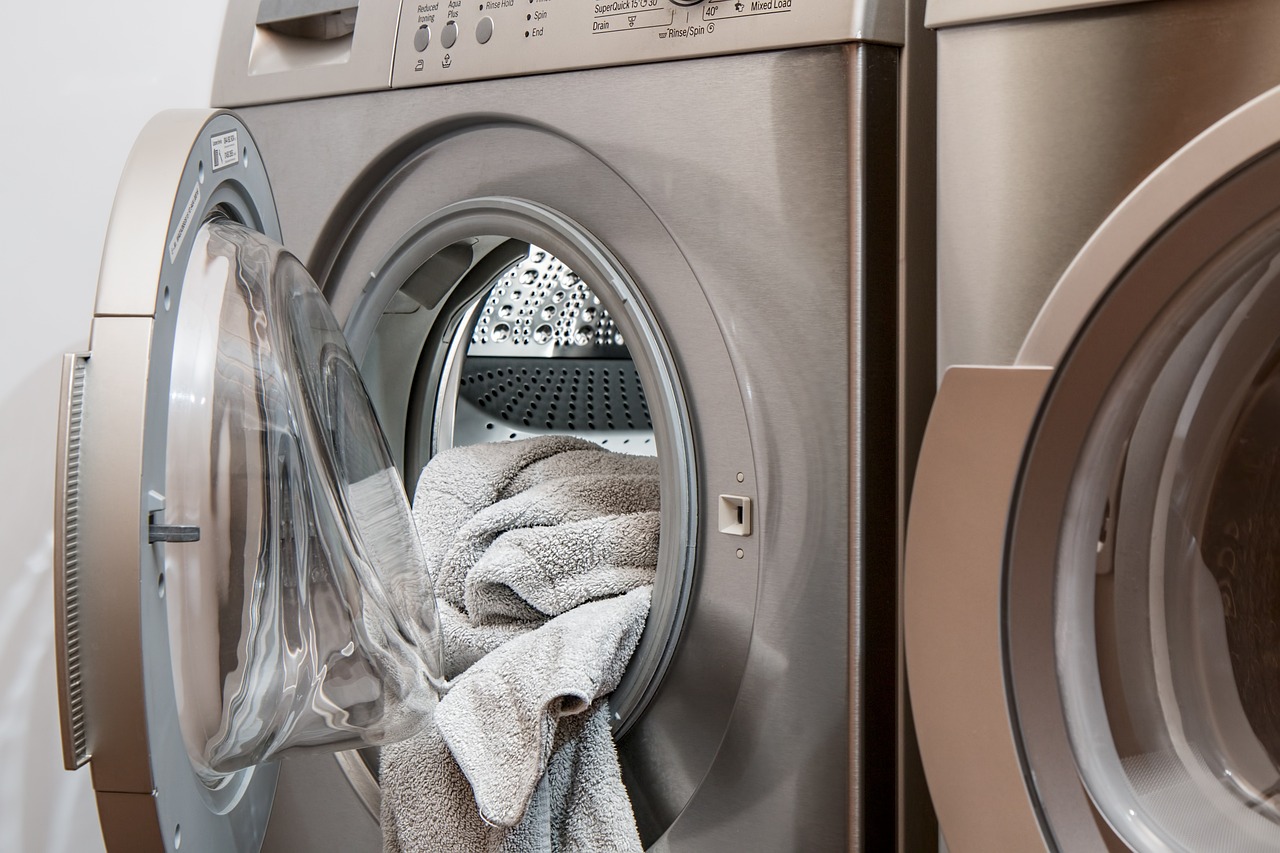
4. Proper Drying Techniques
Always use a low heat setting in the dryer to avoid damaging the pillow fibres. This helps fluff them back up and prevents damage, especially to feather pillows, which can break down on vigorous wash cycles or hot dryer settings.
Why not add dryer balls or clean tennis balls to the dryer to help fluff the pillows and prevent clumping? It’s a simple hack to keep those pillows fluffy and new!
Sunlight has natural antibacterial properties that can help eliminate moisture and odours from your pillows.
Air-drying in the sun also helps freshen up the pillows and reduce the risk of allergens. Did you know you can air-dry your pillows outdoors in direct sunlight to freshen them naturally and eliminate moisture? Turning and shaking every couple of hours to make sure they are 100% dry.
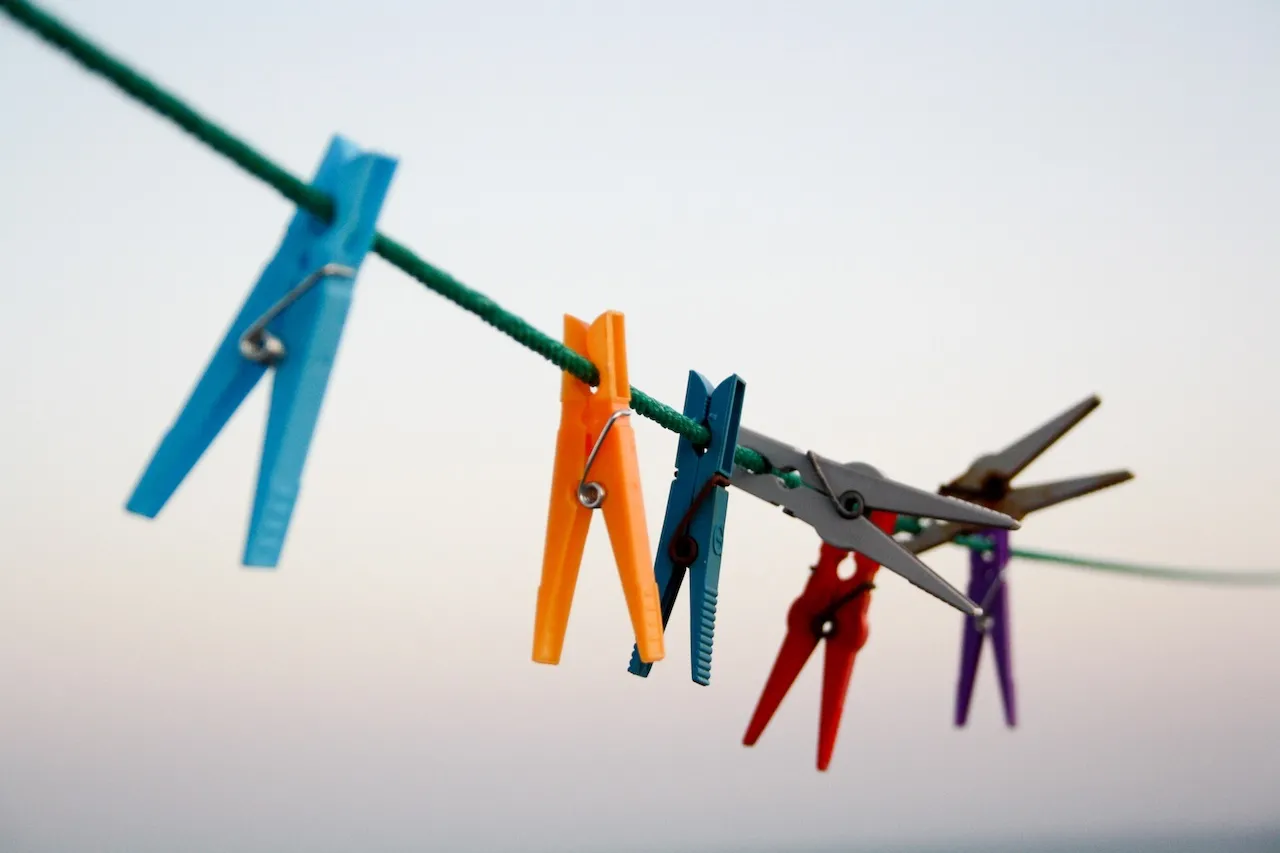
5. Rotation and Flipping of Pillows
How do you prevent a flat-as -a-pancake pillow? Flipping and spinning them each day. Rotate and flip your pillows regularly to prevent them from developing permanent indentations and give them a good shake near an open window.
This helps distribute the wear and tear evenly, extending the lifespan of your pillows.
6. Vacumming your Pillows
We’ve written extensively about dust mites and how to reduce them in our guide here but what about pillow dust? This can accumulate on your pillows each night. Dead skin, dandruff or haircare products can end up building up in your pillow as dust. Then, each night, you place your head on them and breathe it in! Yuk!
A good way to keep this to a minimum, alongside washing pillowcases and protectors, is to vacuum the pillows each week when you change your bedding. Use a wide attachment that you would use on a sofa and give your pillows a good vacuum. You’ll be amazed at the amount of dust you extract from them!
7. Spot Cleaning and Stain Removal
What happens if you spill your morning brew or smear lipstick on your pillows? Leave them to the next wash? We don’t recommend it. Attend to spills and stains promptly by spot cleaning with a mild detergent and damp cloth as soon as possible. It stops staining and keeps the pillows fresh and free from bacteria.
Avoid using harsh chemicals or bleach, as they can damage the pillow fibres and affect their integrity. A good mix is a 1/10 washing up liquid to water, spraying it on the stain then wiping it off with a damp clean cloth straight away.
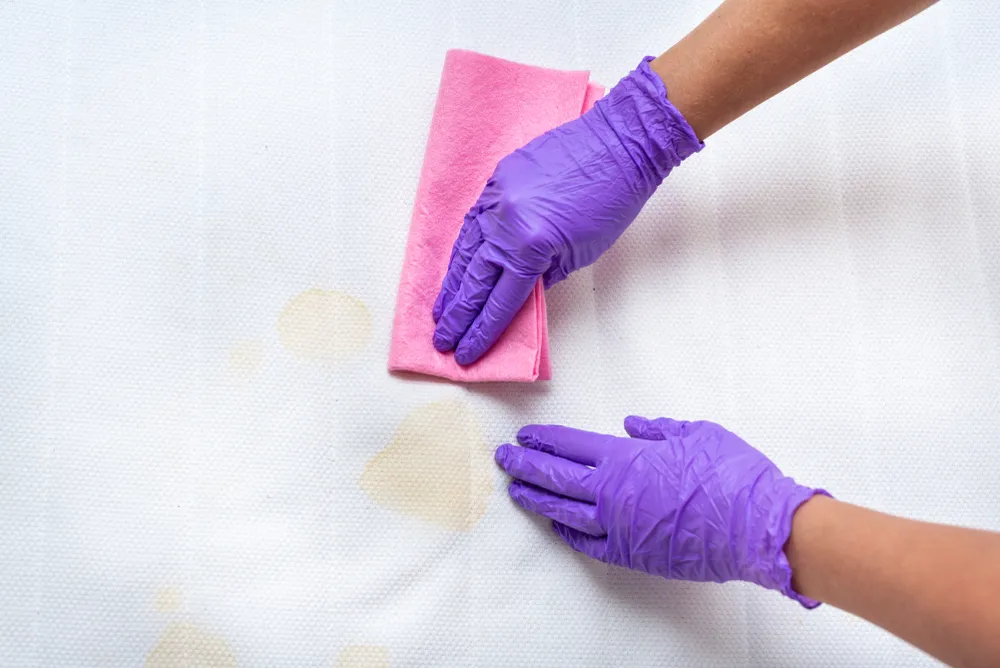
8. Pillow Refreshers and Sprays
Use pillow refreshers or sprays between washes to neutralize odours and keep your pillows smelling fresh. You can buy organic, natural spritzes, such as lavender or sleep sprays, to help you relax at night. A little often goes a long way, and it keeps your pillows feeling fresher between bedding washes.
Look for products specifically designed for pillows and follow the instructions for safe and effective use.
9. Invest in Quality Pillows
Choose pillows made from durable materials and consider investing in higher-quality brands known for their longevity. Latex is the most durable material for pillows, closely followed by feathers, memory foam, and polyester. Cheap polyester thin ‘throw-away’ pillows mostly end up in landfill and are a false economy!
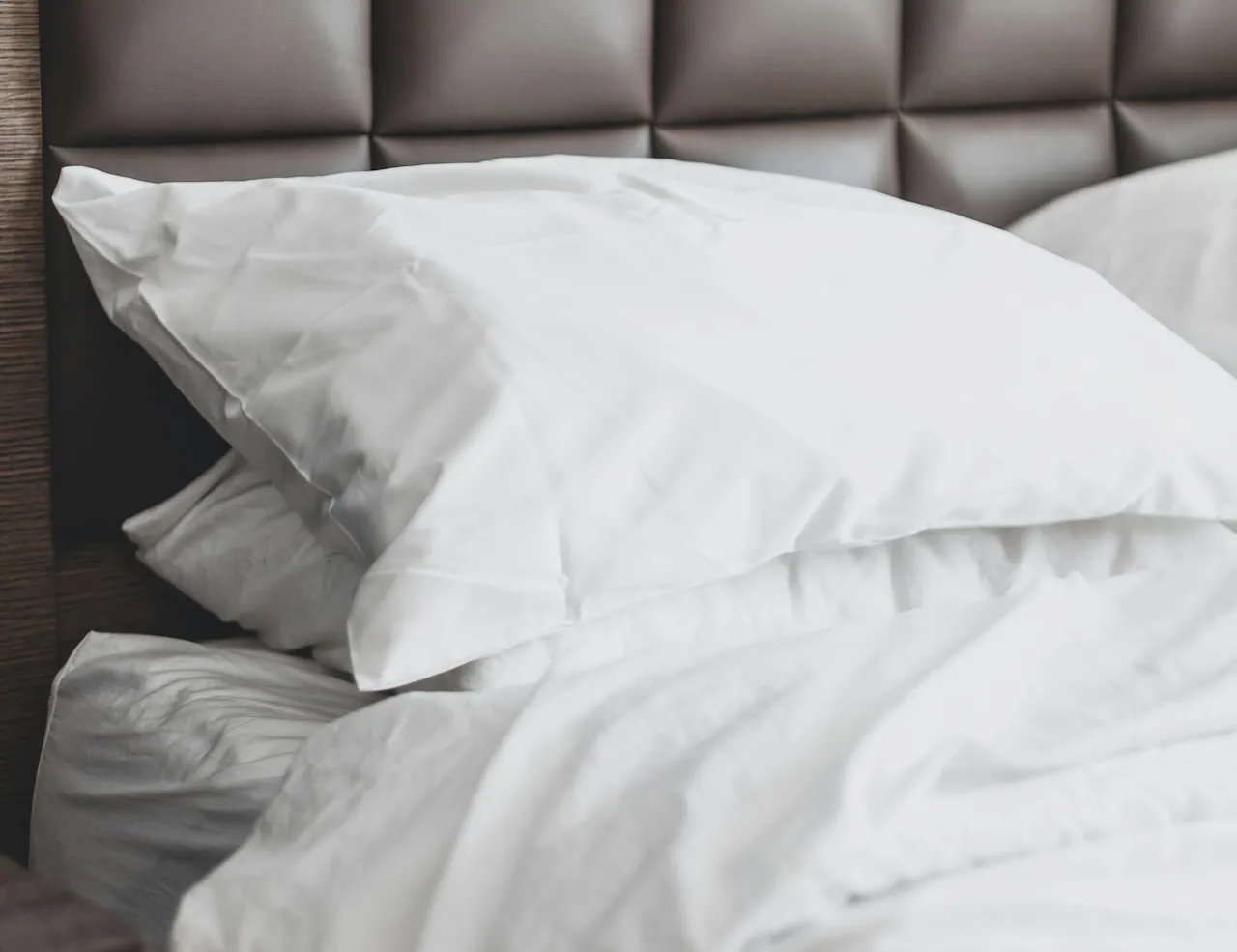
Quality pillows may come with a higher price tag, but high-end pillows offer better support and comfort, making them worth the investment.
| Pillow Type | Firmness | Cost |
|---|---|---|
| Polyester | Soft to Medium | Low |
| Foam | Medium to firm | Low |
| Down | Soft to Medium | Midpoint |
| Feather | Soft | High |
| Memory foam | Firm | High |
| Latex | Firm | High |
10. Pillow Replacement Guidelines
Knowing when to replace pillows can be tricky as all pillows will lose some of their loft over their lifespan. A flat pillows can usually be propped up by an additional pillow. However, one main sign that your pillows are past it is when they become lumpy. This is when the fibres have merged together. Monitor the condition of your pillows and replace them when they show signs of wear, such as lumps, flattening, or loss of support.
Consider replacing pillows every 2-3 years to ensure optimal comfort and support for quality sleep.
Summary
Keeping your pillows clean, fluffed and protected will ensure that they last far longer and give you a much better night’s sleep. A little bit of TLC for your pillows, such as cleaning off stains, vacuuming them, and choosing the right pillow, can help you get a far deeper night’s sleep.
In addition to maintenance, by ensuring that you invest in quality pillows in the first place, you’re sending less material to landfill, such as cheaper polyester ‘throw-away’ pillows. They also provide more substantial comfort and rebound!
If you need further sleep advice, why not call our small expert team on 0161 437 4419 or drop us a message below?
Sleep Tight
John & Ryan

Dreaming of the perfect nights sleep?

Ask us a question
There are over 6000 questions and answers submitted by you on all questions about mattresses and bed problems. Enter a keyword such as Vi Spring, John Lewis beds, bad back or Memory Foam and see if your question has already been answered.
If you can’t find an answer in knowledge hub, ask a new question. We aim to respond to all questions within one working day.
Newsletter
Enter your email to join our newsletter. We’ll send you occasional news and mattress expertise.
